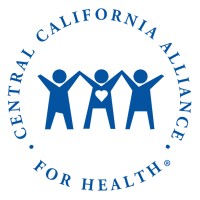
Central California Alliance for Health
Central California Alliance for Health (the Alliance) is an award-winning regional Medi-Cal managed care plan that provides health insurance for children, adults, seniors and people with disabilities in Mariposa, Merced, Monterey, San Benito and Santa Cruz counties. We currently serve more than 442,000 members. Founded in 1996, the Alliance was established to improve access to health care for lower income residents. We have pursued this mission by linking members to primary care physicians and clinics who assist in managing their care. Our vision is: Healthy People. Healthy Communities. That vision remains at the forefront of the work we do every day. Come join our team!






